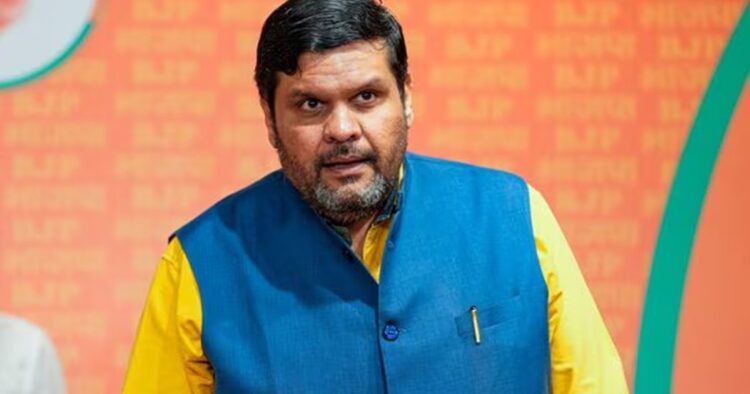Former Congress spokesperson, Gourav Vallabh, recently joined the Bharatiya Janata Party (BJP) and wasted no time in launching a targeted critique against his former party’s leadership. In an interview with news agency ANI, Vallabh took aim at Congress General Secretary Jairam Ramesh, without directly naming him, accusing him and others of lacking the grassroots experience necessary to lead effectively.
#WATCH | BJP leader Gouarab Vallabh, says "…The manifesto of Congress party is being prepared by the same person for the last 30 years, if his ideas had strength then the Congress would not come to 42 to 52 (seats). When I was studying in college, he used to defend the party on… pic.twitter.com/VQmThc3iGW
— ANI (@ANI) April 7, 2024
Vallabh’s criticism didn’t stop there. He lamented the lack of fresh perspectives within the Congress, highlighting that despite having 42 Members of Parliament at one point, the party failed to embrace new ideas. He specifically questioned the dominance of certain individuals in shaping the party’s manifesto over the past three decades, suggesting that this stagnation contributed to the party’s current predicament.
The former spokesperson also revealed his disillusionment with the party’s priorities, citing an instance where he refused to hold a press conference on the Budget and vowed not to do so until Congress leaders visited the Ram Temple. He expressed frustration with what he perceived as the party’s targeting of wealth creators and alignment with certain ideologies.
Furthermore, Vallabh criticized the current leadership structure within the Congress, alleging that it is being run by personal assistants (PAs) of former Union ministers who lack the necessary understanding of electoral dynamics. He highlighted their apparent ignorance of regional differences, particularly between states like Uttar Pradesh and Bihar, suggesting a significant gap in grassroots connectivity.
Vallabh didn’t mince words when discussing the lack of ideological commitment among certain party members, pointing out that individuals motivated primarily by personal interests, such as retaining a Rajya Sabha seat, were occupying key positions within the party. He cited the example of a former Congress spokesperson who, according to Vallabh, prioritized personal gain over the party’s principles.
In summary, Gourav Vallabh’s scathing criticism of the Congress leadership reflects broader discontent within the party ranks. His decision to join the BJP underscores a growing trend of disillusionment among certain members, who perceive a lack of vision and direction within the Congress party. As the political landscape continues to evolve, Vallabh’s remarks may serve as a rallying cry for those seeking change within India’s political establishment.

















Comments